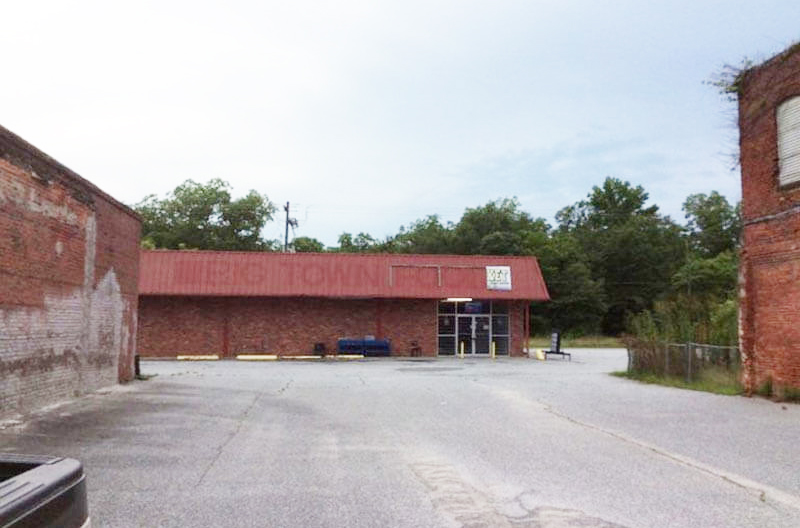by Jimmy Wright / technical assistance consultant – retail, NGAF TA Center
The Alabama Cooperative Extension Service recently reached out to me about food access in Hurtsboro, Alabama, a tiny rural town about 30 miles from Opelika, where I operate my store, Wright’s Market.
The median income for a Hurtsboro household is less than $17,000 a year, and more than 32 percent of town residents are living below the poverty line. The people there have been struggling to find a way to get fresh food to their community after their only small independent grocery store shut down.
Thinking I might be able to help, I went to a city council meeting in Hurtsboro. Even though there are only 589 residents there, the town hall was packed full of people who love their town and simply need a place to get fresh food.
Offering to brainstorm some ideas for them, I left the meeting. On my way out, I decided to grab a bite to eat. I searched all over and could only find a corporate discount store, where there were virtually no healthy options. The selection seemed limited to sodas, candy and other assorted junk foods. I was in a rush, so I grabbed a soda and a candy bar, knowing I had a doctor’s appointment early the next day.
At my doctor’s appointment, I received some less-than-satisfactory news. I learned that my blood pressure and my cholesterol were too high, and that if I didn’t make a sincere effort to change my diet, I would start to run into some serious health problems.
In that moment, something struck me. I own a grocery store with all the healthy options I could ever need, and yet I still have dietary issues that need to be addressed. However, I can wake up tomorrow and make a change. The town of Hurtsboro is not as fortunate. When the people there receive bad news from their doctors, they have little to no way to change their diet.
This got me thinking about the GusNIP nutrition incentive program and how important it is in shaping our health and the habits of generations to come. We need more nutrition programs like these. We also need to prioritize communities like Hurtsboro, focus governmental aid on giving them options, and thus ensure that no one must suffer under such circumstances in which they have no control.
My trip to Hurtsboro made this cause personal. Not only did I realize that I need to take better care of myself, but I must also do anything I can to help those of our country that are in need.
So, I am working to partner with the Hunger Solutions Institute at Auburn University to establish an e-commerce mobile market in the Hurtsboro Senior Community Center. Community members will be able to place orders to Wright’s Market, and I will deliver those groceries once a week. Also, thanks to the nutrition incentive program I run out of my store, Double Up Food Bucks, customers on SNAP/EBT will receive fresh produce at a discount. Hopefully, this opportunity will incentivize town members to spend more money on produce and change their habits for the better.
I know my story is one that many Americans can identify with. Sometimes putting yourself in the shoes of people like those in Hurtsboro can open your eyes to concerns about something so easy to take for granted: food access. Let’s do whatever we can to help.
To learn more about nutrition incentives and how you can bring them to your customers, visit the NGAF TA Center* website and/or email the TA Center team at [email protected].
Jimmy Wright is the owner of Wright’s Market in Opelika, Alabama.
*The NGAF TA Center addresses the challenges grocers and supermarket operators face in establishing nutrition incentive programs and is a proud partner of the Nutrition Incentive Hub. The Hub, funded through a cooperative agreement from the United States Department of Agriculture, National Institute of Food and Agriculture, is a new resource that provides training, technical assistance, reporting and evaluation for those working to launch or expand SNAP incentives or produce prescription programs.
The Nutrition Incentive Hub is led by Gretchen Swanson Center for Nutrition in partnership with Fair Food Network along with a coalition of evaluators, researchers, practitioners, and grocery and farmers market experts from across the country dedicated to strengthening and uniting the best thinking in the field to increase access to affordable, healthy food to those who need it most.

